|
The war at Troy has raged for ten years. Its final throes will echo through eternity…
1258 BC: Surrounded and outnumbered by the army of Agamemnon, King Priam and his Trojan forces fight desperately to defend their city. In the lulls between battle, all talk inevitably turns to the mighty ally that has not yet arrived to their aid. Agamemnon will weep for mercy, the Trojans say, when the eastern horizons darken with the endless ranks of the Hittite Empire. King Hattu has endured a miserable time since claiming the Hittite throne. Vassals distance themselves while rival empires circle, mocking him as an illegitimate king. Worst of all, the army of the Hittites is but a memory, destroyed in the civil war that won him the throne. Knowing that he must honour his empire’s oath to protect Troy, he sets off for Priam’s city with almost nothing, praying that the dreams he has endured since his youth – of Troy in ruins – can be thwarted. All the way, an ancient mantra rings in his head: Hittites should always heed their dreams.
0 Comments
Another excerpt from The Shadow of Troy. Warning: contains gore!
Agamemnon’s war-car surged through and ahead of the enemy infantry charge – the Great King wearing a lion hood and banded armour and his team of brightly-caparisoned horses braying. Sliding out either side of him came the chariots of Diomedes and old feather-crowned Nestor. Behind them, these three kings’ elite charioteers fanned out in a skein – a combined squadron of thirty. ‘Spears, level!’ Hattu echoed the command, he and his Hittite guards Bulhapa and Zupili bringing up their shields like interlocking tiles and training the tips of their lances. On their right, Masturi had his Seha Riverlanders did likewise, adjoining with the trio. But on his left the Ascanians simply stood in a swaying, disordered mass, holding short swords and cudgels – a hopeless defence against a chariot strike. Likewise many of the other allies. Only Prince Hektor and his Trojan Guardians and Sarpedon and his Lukkans presented a solid spear wall. ‘Spears!’ Hattu cried again, desperate. As the Ahhiyawan chariot front surged to within strides, Hattu saw the whites of their steeds’ eyes and the red wetness at the backs of the yelling charioteers’ throats. He had never been this close to meeting an enemy chariot charge in battle in such a disordered state. He had seen plenty of foes ruined by it though. ‘Yaaa!’ Agamemnon roared gleefully, guiding his chariotry towards Hattu and the weak spot of the Ascanians. Hattu’s mouth dried to sand and his stomach twisted like a sack of snakes. He clung to his shield and spear just as the Ahhiyawan war-cars slammed against what should have been an allied wall. 𝘉𝘢𝘯𝘨! His world turned upon its head. The breath leapt from his lungs as he tumbled backwards, his shield almost caving in, Agamemnon’s spear streaking down to stab into the earth a finger’s-width from where he landed. Shadows, dust, chaos. Cruel slashes of light shone down to reveal Zupili falling under the enemy king’s chariot wheel, his body and head crushed before the chariot ploughed on into the allied masses. He heard Ascanians behind him roar and scream, bodies punctured by charioteer’s javelins or burst under wheels. He had no sooner struggled to his feet than a chorus of roars washed over him, and the wall of Ahhiyawan infantry rushing in the wake of the chariots slammed into the allied lines. With a deafening clatter of shields and scream of swords meeting, he found himself flailing backwards, he and Bulhapa almost surrounded. Cretan spear elites drove at him, shrieking, shouldering, stabbing. Hattu ducked back from one such, spearing the foe up through the soft tissue under the jaw, the tip raking through his grimacing teeth, severing the tongue then bursting out of the skull just behind the hairline. The man’s wild expression faded into an eternal, emotionless gaze, his eyes crying blood as death’s dark cloud closed around him. Hattu pulled his spear back, a shower of blood and brain matter soaking him as the man’s face collapsed. As the warm, stinking mess ran in runnels down across his lips, forcing him to taste it, the Goddess Ishtar hissed in his mind: 𝘋𝘳𝘪𝘯𝘬 𝘵𝘩𝘦 𝘸𝘪𝘯𝘦 𝘰𝘧 𝘣𝘢𝘵𝘵𝘭𝘦, 𝘒𝘪𝘯𝘨 𝘏𝘢𝘵𝘵𝘶. 𝘈 𝘵𝘰𝘢𝘴𝘵 𝘵𝘰 𝘸𝘩𝘢𝘵 𝘭𝘪𝘦𝘴 𝘢𝘩𝘦𝘢𝘥… Hope you liked! THE SHADOW OF TROY is out now in all formats! A wee excerpt from my forthcoming novel The Shadow of Troy, in which King Hattu finds himself in a rather tricky situation within the Ahhiyawan camp...
The nobles before and around Hattu parted with a clatter of leather and bronze, opening up a short corridor to the throne and the warrior king upon it. Agamemnon was younger than he had imagined, chiselled with a dimpled, beardless chin and jet-black tresses of oiled hair, one lock curled on his forehead, the rest swept back and hanging in a thick cascade behind his shoulders. He wore a tasselled leopard pelt kilt. Hattu could smell a perfume of pine resin emanating from him, stark against the odour of unwashed nether regions elsewhere in the shack. Agamemnon stared back at him, head dipped menacingly. ‘Who… and what… are you?’ A moment of silence passed, broken only by the crash of waves on the shore outside and the cry of gulls. ‘I am a travelling peddler, 𝘞𝘢𝘯𝘢𝘹,’ Hattu lied. ‘I came here to this bay to provide you with whatever you might need.’ Agamemnon looked him up and down a few times. ‘Need? An explanation, perhaps. In the early years of this war, traders flocked to this beach camp. They would come to buy and sell wool, ingots, gems, spices, wine. But soon the war became fraught, resources stretched. Now, ships stay in port, merchants remain at home.’ His top lip quirked in disdain. ‘We have not had a trader here for over five years…’ one of his eyes narrowed, ‘then you arrived.’ Hattu’s mind flooded with ideas and explanations – all felt flimsy at best. At last, like the glint of a precious metal in the sunlight, he thought of something… the most precious metal. ‘None who came here before, nor any of those who have stayed away since, would have been in possession of what I can offer. Weapons.’ Agamemnon sucked his cheeks in and slumped back on his throne, resting his chin on one palm. ‘Oh?’ he said dismissively, glancing around the shields and crossed spears fixed to his hut walls. Hattu’s lips twitched at one end. ‘Weapons… of iron.’ Agamemnon arched one disdainful eyebrow. He made a noise in his throat, somewhere between a grunt and a laugh. ‘Take him away,’ he said with a lazy swish of the hand, gazing outside through the doorway, ‘beat him and throw him outside the camp.’ The two guards moved for him. ‘… 𝘨𝘰𝘰𝘥 iron,’ Hattu added. Agamemnon’s eyes snapped back round. He perched forward on the throne, snapping his fingers to still his guards. All around Hattu, faces fell agape. After a pregnant silence, Agamemnon clapped his hands. The council is over. Everyone, leave me.’ The place drained, the council members helped on their way by the two elite guards. Alone with Hattu, Agamemnon looked over him again. ‘Nobody knows the secret of good iron. It is an impossibility. A myth.’ Hattu simply smiled. If it was to be a game of bluff, then he was well-practiced. ‘I dare not contest the assertions of a Great King. Thank you for your time, Wanax,’ he quarter-bowed. ‘Now, I will take my leave.’ He turned to depart. ‘Wait.’ Hattu slowed and halted, turning back to the Ahhiyawan King. ‘How many such weapons?’ ‘Racks filled with swords and spears,’ he lied. ‘Hundreds of them. Enough to help win you this war.’ Agamemnon licked his lips. ‘What do you ask in return? Silver? Spice?’ ‘I have no need for such things. I would gladly give you the blades for free.’ Agamemnon looked at Hattu askance for a moment, then rocked on his throne, laughter pealing freely. ‘You have been out in the sun too long, my friend.’ ‘All I want to know is that I am giving this gift to the right side in this war.’ Agamemnon’s laughter stuttered to a halt. ‘The right side?’ he said, leaning forward again. ‘What do you know of war, Peddlar?’ 𝘛𝘰𝘰 𝘮𝘶𝘤𝘩, Hattu thought. ‘On my way here, on the plain before Troy, I saw shells of men, cages of ribs and armies of flies. I heard rumours that this conflict was started by one woman, and waged by the Ahhiyawan Great King, hungry to extend his territory.’ Agamemnon slapped a hand on the arm of his throne. ‘Ha!’ he forced a laugh that was terse and dripping with fury. Hattu knew he had riled the king: enough to elicit information, hopefully. ‘And did they tell you about the Trojan ships, confiscating huge tolls from our grain fleets that sail to and from the Hellespont strait? The northerly winds blow all vessels either here into the Bay of Boreas or into the Bay of Troy. Like two webs with Priam’s city crouching on the edge like the hungry spider. Meanwhile the harvests of Ahhiyawa – meagre at the best of times – grow dangerously light with every passing year of this damned drought.’ Hattu felt an unexpected flicker of sympathy. The story was the same all across Hittite lands. A world drying up, the parched crust cracking with every earth tremor. ‘These weapons… give them to me,’ Agamemnon demanded, ‘and I will finish this war before the summer is out.’ Hattu spread his palms. ‘I do not carry such precious goods with me – I’m sure you understand. I will take leave of your camp, and return with the weapons tomorrow,’ he lied. ‘I will provide an escort for you,’ Agamemnon said, eyes growing hooded. Hattu smiled, masking his frustration. ‘That would not be good. At my hideout, I have a band of archers who have sworn to shoot on sight anyone they see approaching, unless it is me alone.’ He slid his satchel from his shoulder and left it on the floor, the simple goods within partly-visible. ‘Keep my belongings as assurance.’ Agamemnon scowled at the satchel then scrutinised him for a time, before flicking his fingers towards the hut door. ‘Go, and return here by dawn… or I will have my dogs track you down.’ Hattu, head full of the things he had heard and seen, bowed and turned towards the hut door. In his way stood two of Agamemnon’s bodyguards, spears crossed, granite faces glowering at him. They slid their spears apart to let him leave, but before he could do so, a scrawny figure entered. The Sherden pirate who had watched him closely on the shoreline. ‘Do not let him go, 𝘞𝘢-𝘯𝘢𝘹,’ he said in that awkward accent. ‘He is a Hitt-ite!’ Hattu’s blood ran cold. Agamemnon’s lips peeled back to reveal clenched teeth and gums. ‘A 𝘏𝘪𝘵𝘵𝘪𝘵𝘦?’ ‘I heard them talking in the Hittite tongue, I have seen their like before. I know it, Wa-nax, I do!’ the Sherden gushed like a child trying to impress its parent. ‘I know many tongues,’ Hattu waved a dismissive hand. ‘That does not mean that I am-’ ‘You are a spy,’ Agamemnon hissed. ‘A Hittite spy for Troy. How many of your kind are there here?’ he said, his face growing ashen. ‘Where are your armies?’ 𝘐𝘧 𝘰𝘯𝘭𝘺, Hattu thought, 𝘪𝘧 𝘰𝘯𝘭𝘺 𝘵𝘩𝘦 𝘧𝘰𝘶𝘳 𝘢𝘯𝘤𝘪𝘦𝘯𝘵 𝘥𝘪𝘷𝘪𝘴𝘪𝘰𝘯𝘴 𝘰𝘧 𝘵𝘩𝘦 𝘏𝘪𝘵𝘵𝘪𝘵𝘦 𝘌𝘮𝘱𝘪𝘳𝘦 𝘸𝘦𝘳𝘦 𝘩𝘦𝘳𝘦, 𝘵𝘩𝘦𝘯 𝘵𝘩𝘪𝘴 𝘸𝘢𝘳 𝘸𝘰𝘶𝘭𝘥 𝘣𝘦 𝘰𝘷𝘦𝘳 𝘪𝘯 𝘥𝘢𝘺𝘴. ‘I am a mere peddler,’ Hattu persisted. ‘After he came into the camp, the archers advanced to the brow of the hills, Wanax,’ one of the guards advised. ‘There are no signs of a new army in the vicinity.’ Agamemnon drummed his fingers on his bottom lip. ‘Whoever you are, you have heard too much in this hut. Perhaps you are a Hittite, perhaps not. At dawn tomorrow, when we advance to fight the Trojans again, you will come with us… and you will be impaled on the hills as a pre-battle sacrifice.’ He clicked his fingers. ‘Seize him, bind him in the prisoner tents, then prepare a stake.’ The guards’ hands slapped down on Hattu’s shoulders. Hope that tantalises! THE SHADOW OF TROY is available worldwide in eBook and print formats, now! Thanks to writing and its many circles, I've met countless lovely individuals over the years. Recently, I made friends with the multi-talented Mark McLaughlin. Not only has Mark authored the 'Throne of Darius' series - a unique take on the age of Alexander the Great - but he is also something of a master wargamer, having designed, prototyped and launched numerous games covering vital points throughout history. I was particularly chuffed when he told me he had even tailored one gaming session to include elements of my depiction of The Battle of Kadesh (read more about my take and Mark's gaming sesh)! So with our shared interest in books, battles and bundles of history, I reckoned it would be good to explore Mark's work a little further in a Q&A! Here we go: Q & AGordon: I find it most intriguing that in your 'Throne of Darius' series, you tell the story of Alexander the Great's conquests from the point of view of his opponents. Did you look at Alexander - one of history's giants, well covered as a protagonist by many novelists - and actively seek an alternative viewpoint from which to tell the story of this epic era, or did the viewpoint naturally strike you? Mark: Just like everyone else in the West for the last 23 centuries, I was fed the Alexander legend. I was told his side - and only his side - of the story for as long as I can remember - right through military school and university... but after 60 years of that, I'd had enough of the propaganda. Alexander certainly was not 'great' to the peoples he fought, slaughtered, enslaved and conquered - and that included first and foremost the Greeks. The first battle he fought in was against Greeks (Chaeronea, where he led his father's cavalry to destroy the Theban Sacred Band) and the first city he sacked was Greek (Thebes - where he killed 6,000 Greeks, sold 30,000 Greeks into slavery and quite literally razed it to the ground - except for the House of Pindar, the poet, and two temples, lest he anger the gods). That Greeks fought against first Philip and then Alexander is so often ignored. That Greek kings, generals and soldiers fought against Alexander at the Granicus, the Issos, and at Gaugemala is similarly glossed over.... or at best they are treated as 'mercenaries' or 'rebels' against him - which they were not. They fought against him as they saw him as a foreign tyrant (Macedonians were thought of as 'barbarians' by most Greeks). Even while Alexander was going east, at home Greeks were fighting his viceroy, Antipater - notably the "war of the mice" as Alexander so disdainfully called it, when King Agis of Sparta led a coalition against the Macedonians. In 50 years as a journalist I covered a great deal of war, terror and politics in the Middle East and Central Asia - in many parts of which Alexander is seen as a destroyer of worlds and a foreign invader. He slaughtered tens of thousands, sacked dozens of cities, and destroyed a great empire - and culture. True, he built cities - all of them which he named after himself - but the empire he built broke apart immediately after his death. He doomed that part of the once united world to 300 years of internecine warfare. So, as you can see, I began to see Alexander not as a hero or 'great,' but as a warmonger - and a savage one at that. Gordon: You live over in the United States, so getting to the sites of Classical Greece can't be too easy, I guess? Do you manage to get over here to Europe and Asia Minor for research visits? I guess visits or not, all writers must become experts at armchair research too - how do you go about this side of things? Mark: Unfortunately, I have never been able to visit Greece or the sites of Alexander's battles. On the other hand, I read a lot, and always have, and have friends who have traveled to some of those areas, and of course we can all go there virtually (thank you Sir Michael Wood for 'In the Footsteps of Alexander' book and video in particular). And, my editor is in Athens - a lovely, highly-educated Greek woman whose husband grew up outside of Thebes (and whose summer cottage is located on the site of the first battle in the first book!) Gordon: You are something of a wargaming guru! Have you ever stumbled across a scenario while gaming, and realised it would work well in your writing projects? or vice versa - an idea while writing which influenced your approach in a subsequent gaming sesh? Mark: My readings often spur me to design games - I have had 25 published over the last 40 years, and have four more in various stages of production. My reading, research, and gaming (board and miniatures - I have painted THOUSANDS of miniatures) often all come together. Alexander's campaigns, for example, can be fought in two of my games: Ancient Civilizations of the Inner Sea (where you can fight his western campaigns) and the upcoming Ancient Civilizations of the Middle East (where you can fight all of his campaigns - and those of his 'Successors.') And, of course, that research spurred me to finally write these novels (and, of course, to fight out the battles in board and computer games and on the tabletop with hundreds of painted miniatures) Gordon: I think I know the Alexander era 'fairly' well, as in I can recall the high level timeline of his father's exploits, then his march of conquest, then the successor states. But in writing 'Throne of Darius', I bet you have found some really interesting details - a comedy moment in the normally-haughty Persian courtroom or some blood-curdling torture technique? Mark: When it comes to torture, never underestimate the value of a European education (or a Persian one, for that matter). They always have been and still are masters at it. As for haughtiness, well, I had a Persian roommate at Georgetown one year - his father was one of the court physicians to the Shah of Iran. After a year with him, I understood why the Iranians revolted. Unfortunately, the ayatollahs are no better than the shahs. I tend to treat the Persians as far more civilized and enlightened than the Macedonians - who, even to the Greeks, were 'barbarians.' Still, hubris knows no borders, and their own pride only hastened their fall. (I put a lot of that into the section in the first book leading up to the battle of the Granicus). Gordon: Finally, in fifteen words or less, tell anyone reading this interview who hasn't already jumped off to buy the 'Throne of Darius' books why they are amongst the best historical fiction romps out there? Mark: This is not your grandfather's Alexander; this is history written from the other side, to whom Alexander was anything but 'great.' Thank you, Mark! Some really eye-opening detail in there, and I just love the fact that you see writing, gaming and research as different facets of the same core thing - storytelling! It's been great to talk to you. Keep up the brilliant work. So I went for a research donder (Scottish for walk/excursion) down to the site of Trimontium, where once Roman and tribal forts stood proud. Here's a short docuvid of my findings:
|
AuthorGordon Doherty: writer, history fan, explorer. My Latest BookArchives
March 2023
Categories |
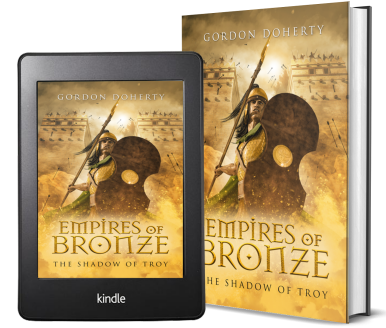
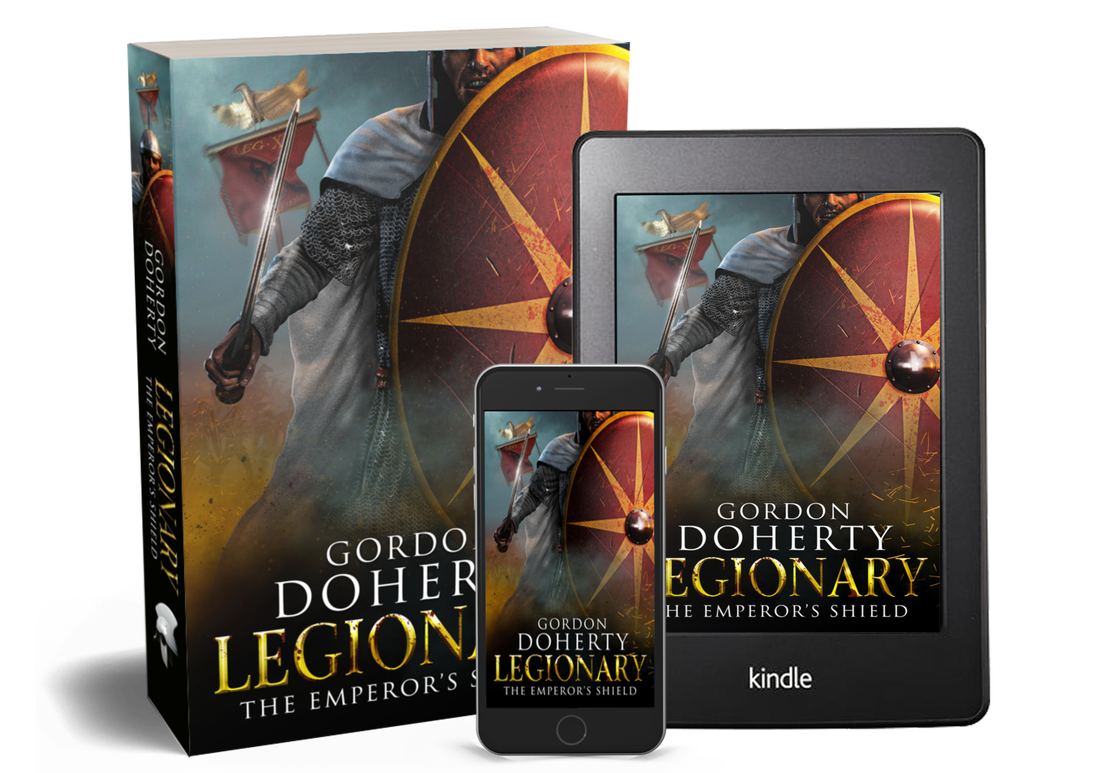
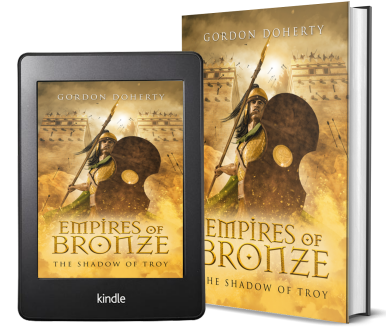

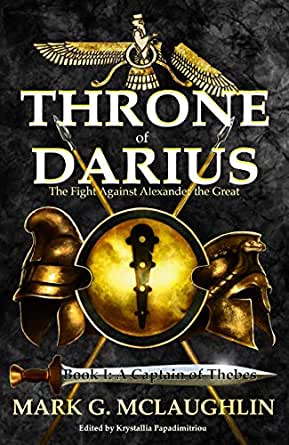
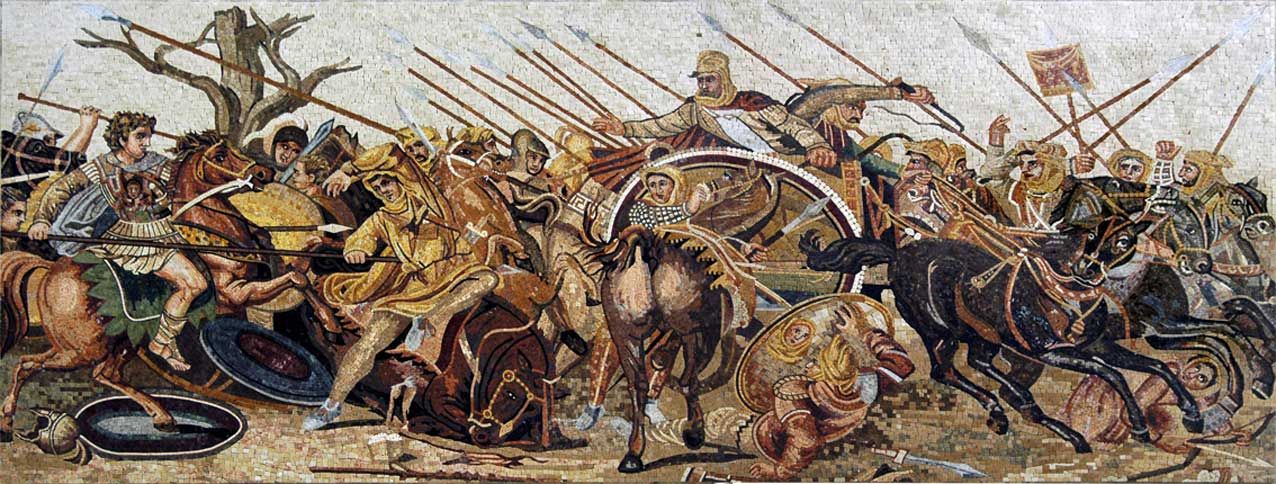
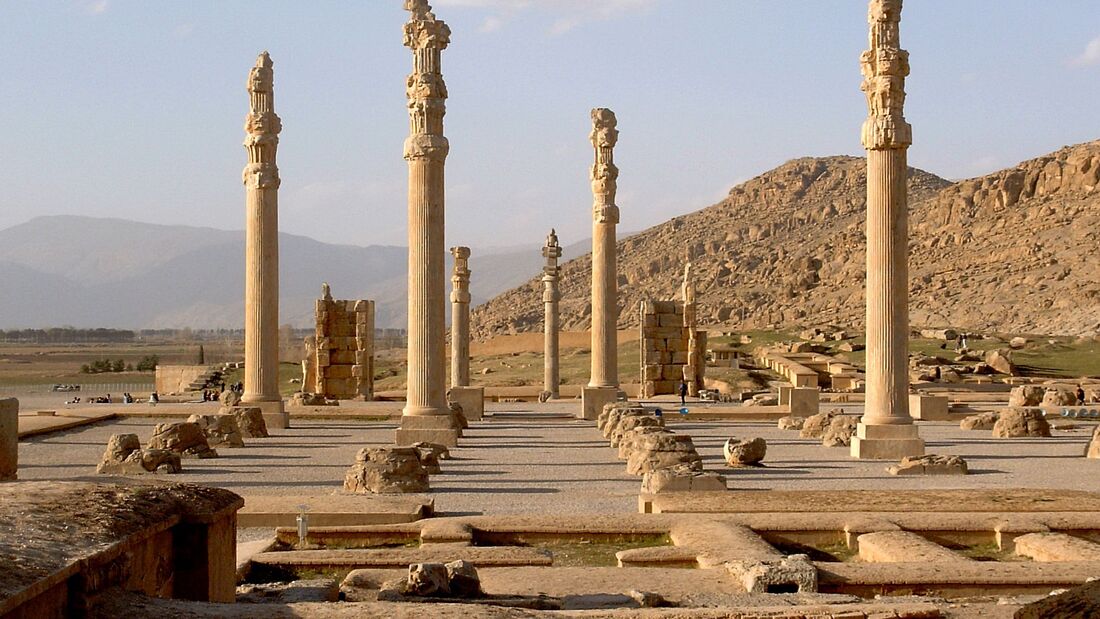
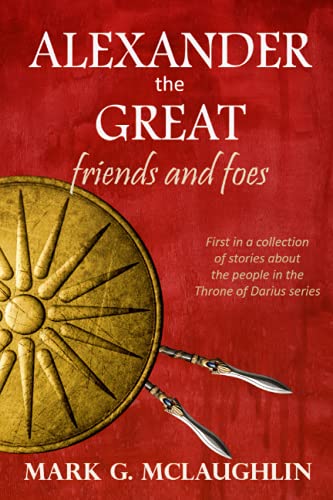
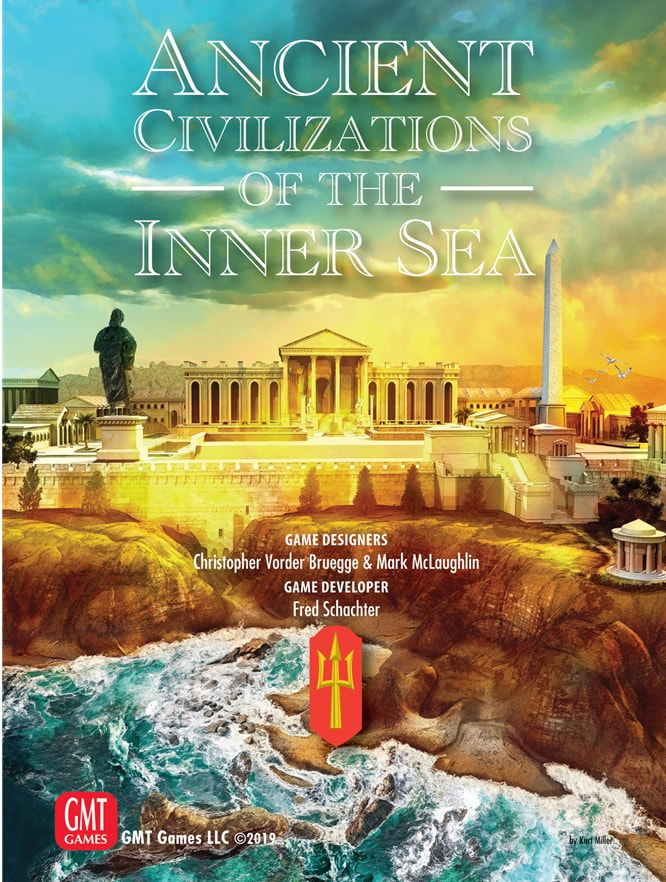
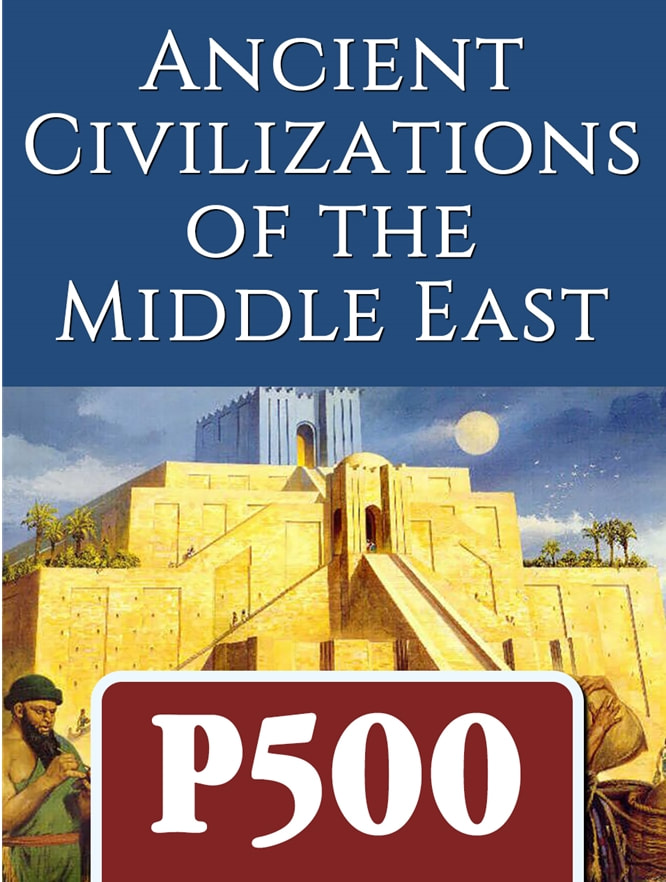
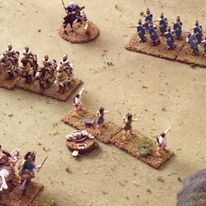
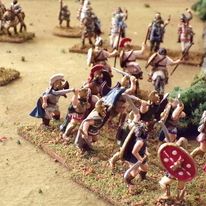
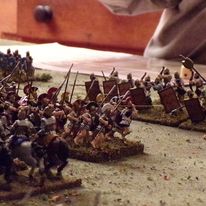
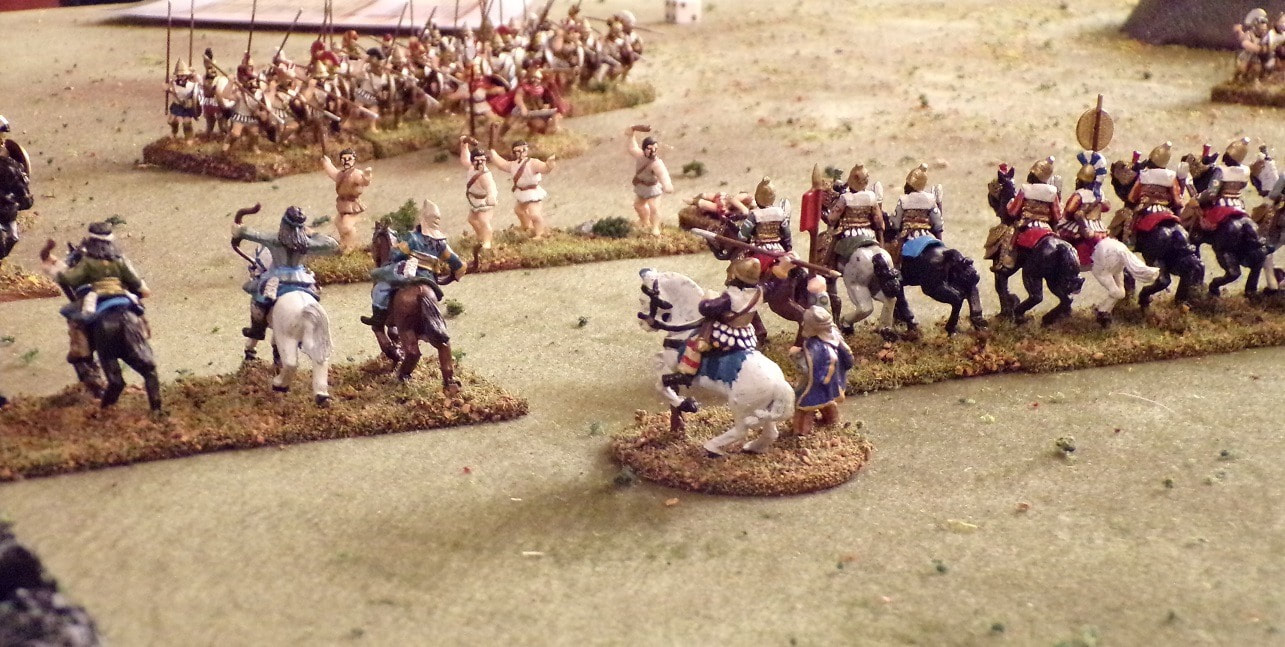
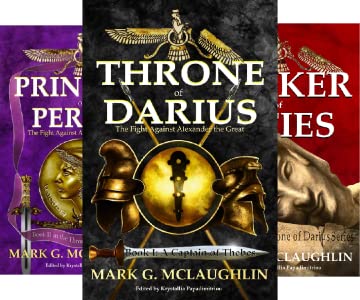
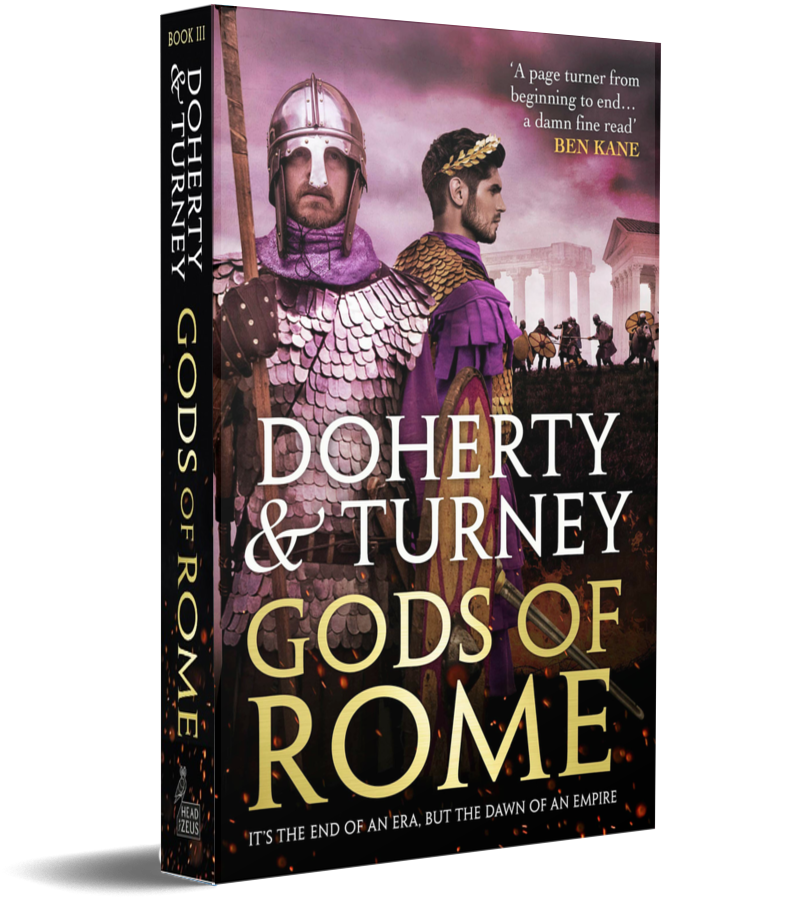

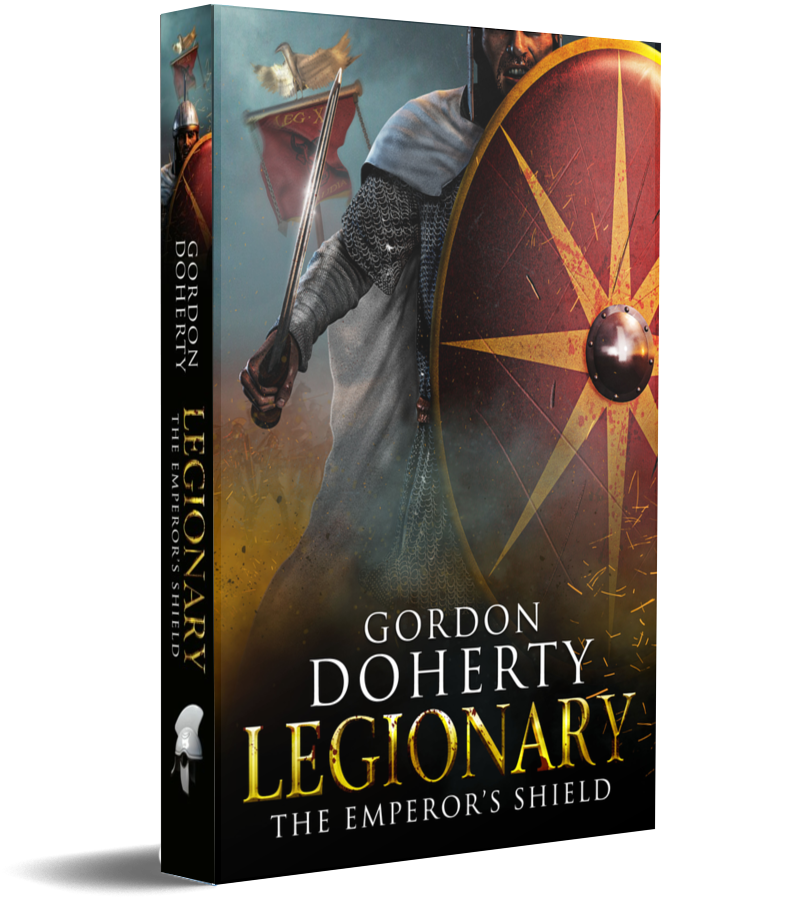
 RSS Feed
RSS Feed